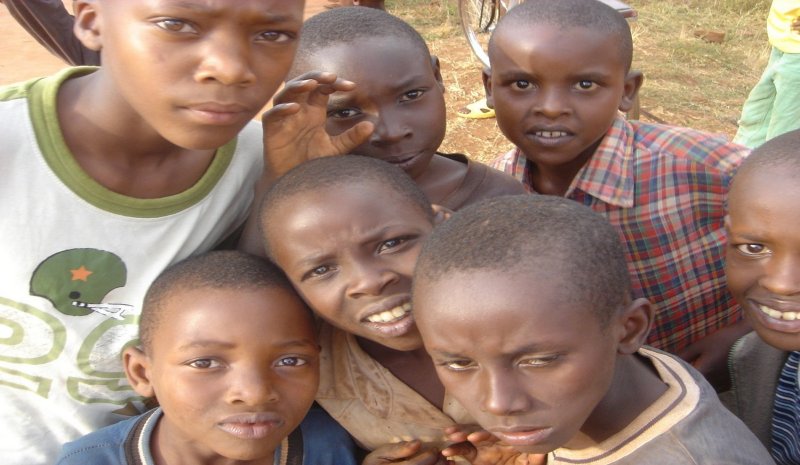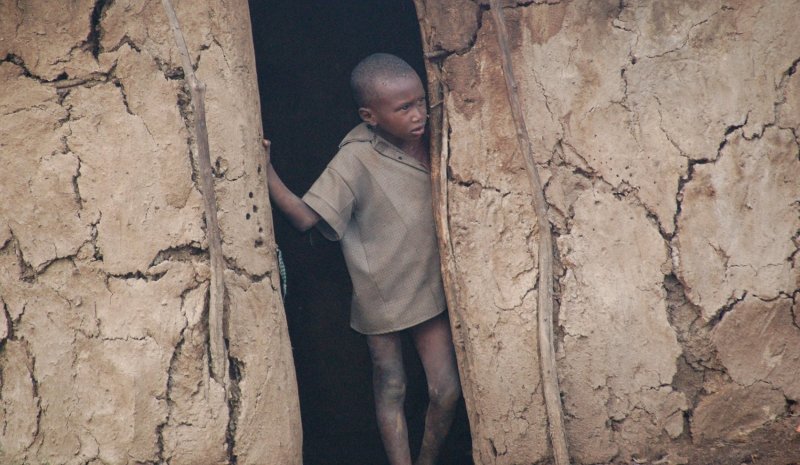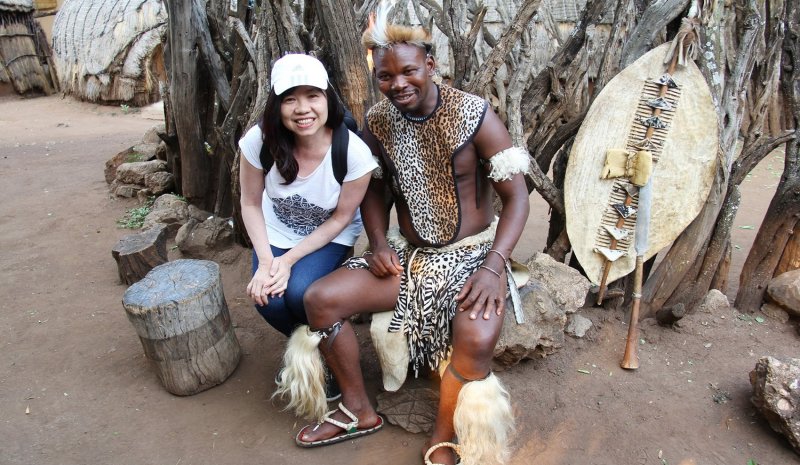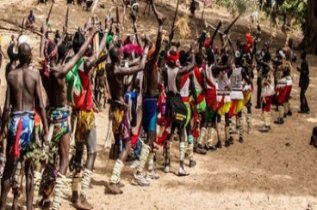 Make a real difference...
Make a real difference... to communities across Africa.
to communities across Africa. Share skills and knowledge...
Share skills and knowledge... and sponsor children...
and sponsor children... to develop a better future
to develop a better future ...and change lives forever!
...and change lives forever!

Senegal, a nation nestled on the westernmost tip of Africa, is a land rich in history, vibrant traditions, and profound hospitality. Often referred to as "the Gateway to Africa," this Francophone country boasts a cultural landscape shaped by centuries of diverse influences, from ancient empires and colonial encounters to its predominantly Islamic heritage. The result is a unique and captivating blend that permeates every aspect of daily life, offering visitors and residents alike an immersive experience into the heart of West African identity.
Perhaps the single most defining characteristic of Senegalese culture is Teranga, a Wolof word that translates loosely to "hospitality" but encapsulates a far deeper philosophy. It is an ingrained ethos of welcoming strangers, sharing what little one has, and treating guests with utmost respect and generosity. This spirit is visible everywhere: in the spontaneous invitations to share a meal, the offer of tea to a passerby, or the genuine warmth extended to newcomers. Teranga is not merely a social custom; it is a way of life that fosters community, mutual respect, and a profound sense of human connection, making Senegal famous for its welcoming atmosphere.
While French serves as the official language, a multitude of indigenous languages thrive across Senegal, with Wolof being the most widely spoken and understood lingua franca. Wolof is central to daily interactions, market bartering, and cultural expressions. Communication is often animated, accompanied by expressive gestures, and characterized by polite greetings that are essential before any conversation begins. Understanding a few Wolof phrases, such as "Salam Alaikum" (peace be upon you) or "Nanga def?" (how are you?), can significantly enhance one's experience and demonstrate respect for local customs.
Senegal is a predominantly Muslim country, with Sufi brotherhoods (Tijaniyyah, Mouridiyyah, Qadiriyyah, Layene) playing a significant role in both religious and social life. Christianity, primarily Catholicism, is practiced by a notable minority, particularly in the Casamance region. What truly stands out is the remarkable religious tolerance and peaceful coexistence between these faiths. Mosques and churches often stand side-by-side, and it is common for families to have members practicing different religions, celebrating each other's holidays with mutual respect and understanding. This religious harmony is a testament to the inclusive spirit of Senegalese society.
Senegalese cuisine is renowned across West Africa for its rich flavors and communal dining rituals. The national dish is Thieboudienne (Chebu Jen), a flavorful blend of fish, rice, and various vegetables cooked in a rich tomato sauce. Other popular staples include Yassa (chicken or fish marinated in lemon and onions, then cooked with rice) and Mafe (peanut butter stew with meat and vegetables). Meals are typically eaten communally from a large platter, with diners using their right hand or a spoon. The Attaya tea ceremony, a slow, meticulous process of brewing strong green tea, is a cherished social ritual, symbolizing friendship and hospitality.
Music and dance are intrinsic to Senegalese culture, serving as powerful forms of expression, celebration, and storytelling. Senegal is the birthplace of Mbalax, a popular music genre that blends traditional Senegalese sabar drumming with Western pop, funk, and reggae influences, popularized globally by artists like Youssou N'Dour. Traditional instruments like the kora (a 21-stringed bridge-harp), sabar drums, and tama (talking drum) are integral to ceremonies, festivals, and daily life, providing a vibrant soundtrack to the nation's rhythm. Dance, often spontaneous and energetic, accompanies most musical performances, reflecting the joy and vibrancy of the people.

Senegal boasts a rich artistic heritage, evident in its diverse range of traditional crafts. Artisans demonstrate exceptional skill in wood carving, particularly masks and figurines, often imbued with spiritual significance. Vibrant textiles, known as pagnes, feature intricate patterns and bold colors, used for clothing and home decoration. Other prominent art forms include sand painting, glass painting (sous verre), basket weaving, and intricate jewelry made from gold, silver, and beads. These crafts are not merely decorative; they often convey complex narratives, historical events, or social commentary, preserving centuries of cultural knowledge.
Traditional Senegalese attire is both elegant and practical, reflecting the country's climate and cultural values. The boubou, a flowing robe worn by both men and women, is a common sight, often made from beautifully patterned fabrics. Women frequently wear pagnes (wraps) paired with matching tops and elaborate head wraps (musso), which can signify marital status, age, or even mood. These garments are not just clothing; they are a visual expression of identity, status, and adherence to cultural norms, particularly during religious holidays and social gatherings where people showcase their finest outfits.
The extended family forms the cornerstone of Senegalese society. Respect for elders is paramount, and kinship ties are strong, providing a vital support network. The concept of griot (jeli in French spelling) is unique and historically significant. Griots are hereditary praise singers, storytellers, historians, and musicians who serve as living libraries of oral tradition, preserving genealogies, epic poems, and historical narratives through generations. While their role has evolved, they remain important cultural custodians, particularly in rural areas.
Senegal celebrates a variety of religious and national holidays with immense fervor. Eid al-Fitr (Korité) and Eid al-Adha (Tabaski) are major Islamic festivals marked by new clothes, family gatherings, and special meals. Independence Day (April 4th) is celebrated with parades and cultural events. Traditional ceremonies, rites of passage, and local harvest festivals also punctuate the calendar, offering opportunities for communities to come together, showcase their heritage, and reinforce social bonds.
Senegalese culture is a vibrant, living entity, characterized by an enduring spirit of warmth, resilience, and profound respect for tradition. From the omnipresent Teranga that greets every visitor to the rhythmic beats of Mbalax, the rich flavors of its cuisine, and the intricate beauty of its artistry, Senegal offers a captivating journey into the heart of West African identity. It is a culture that embraces its past while confidently moving forward, a testament to the enduring human spirit and the power of community.
Senegal Culture: Life in Senegal
|
Senegal Culture: Child Sponsor Senegal
|

|
Main sections of this site:
Details of current volunteer work
opportunities in each of the
countries of Africa.
Find how to sponsor a child in Africa
with our list of organisations,
charities, programs and projects.
Discover all about Africa, its tourist
attractions, history, people, culture
and daily life there.
A treasure trove of African
resources from webcams to
free downloads and news.